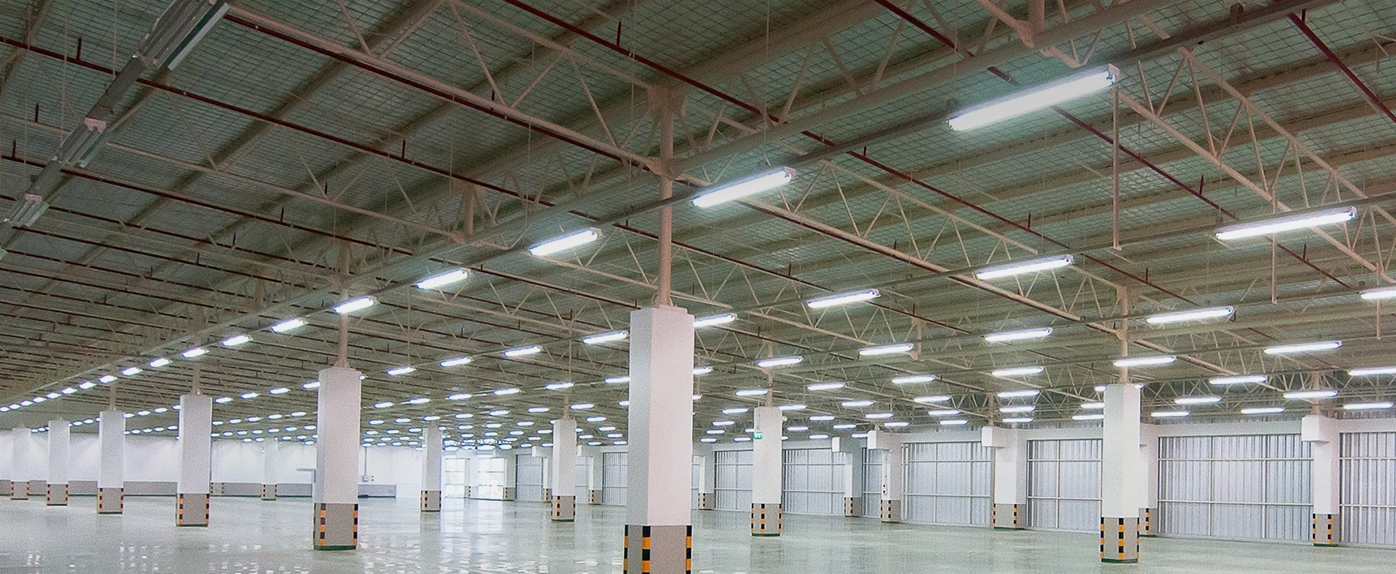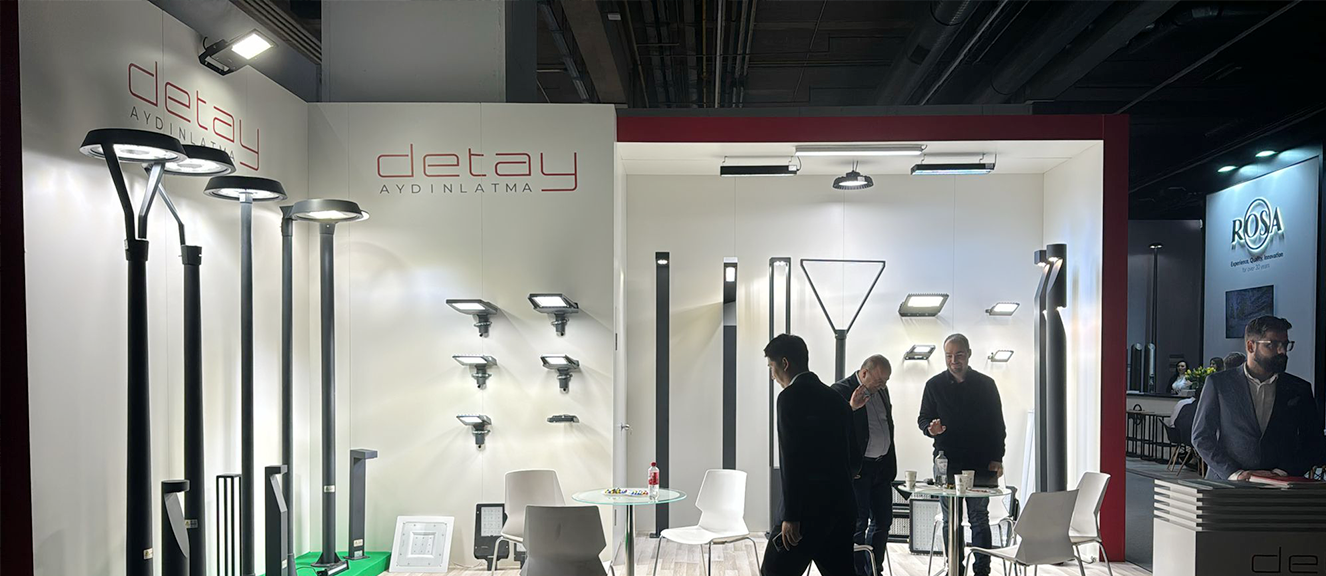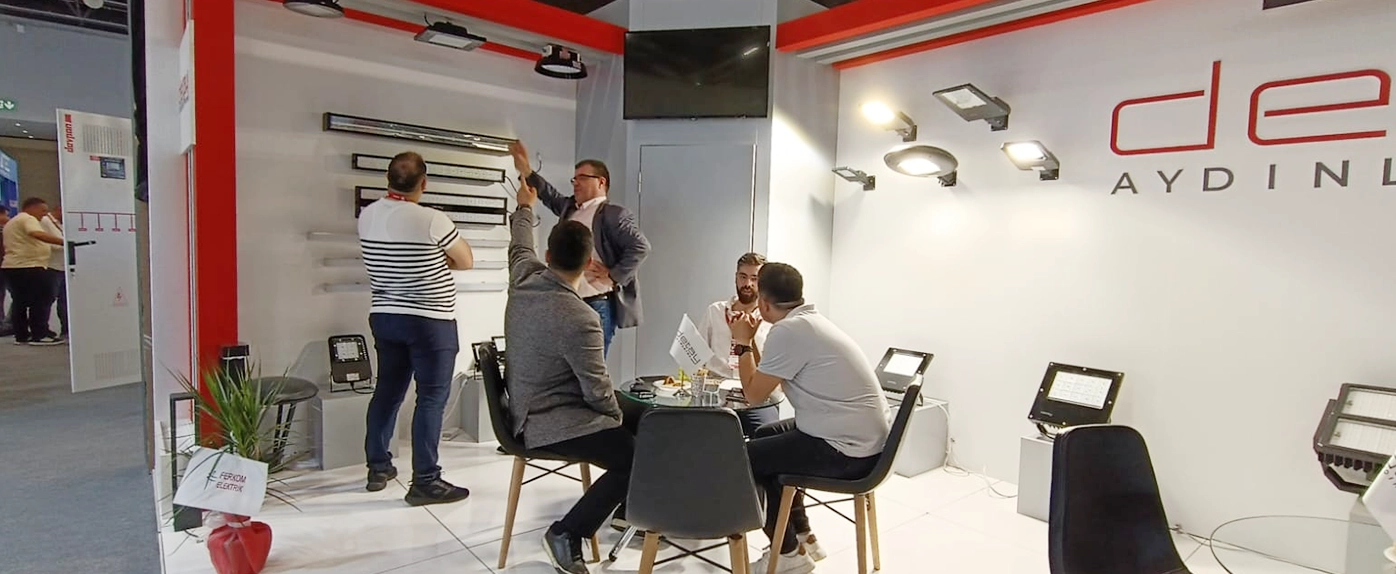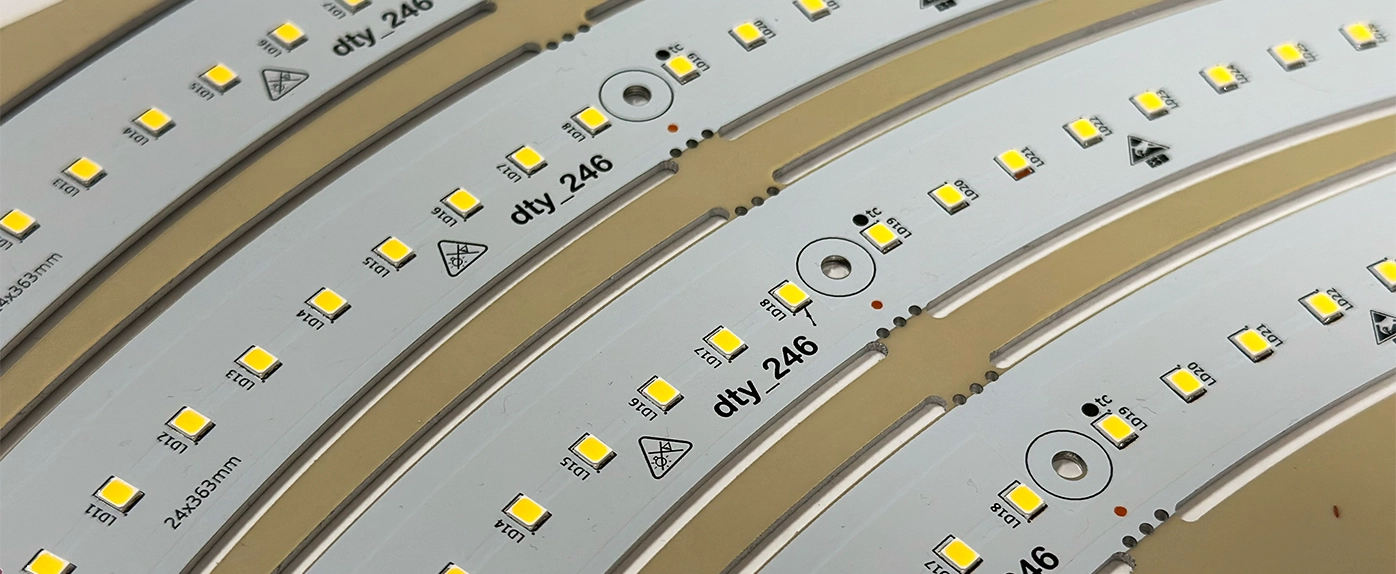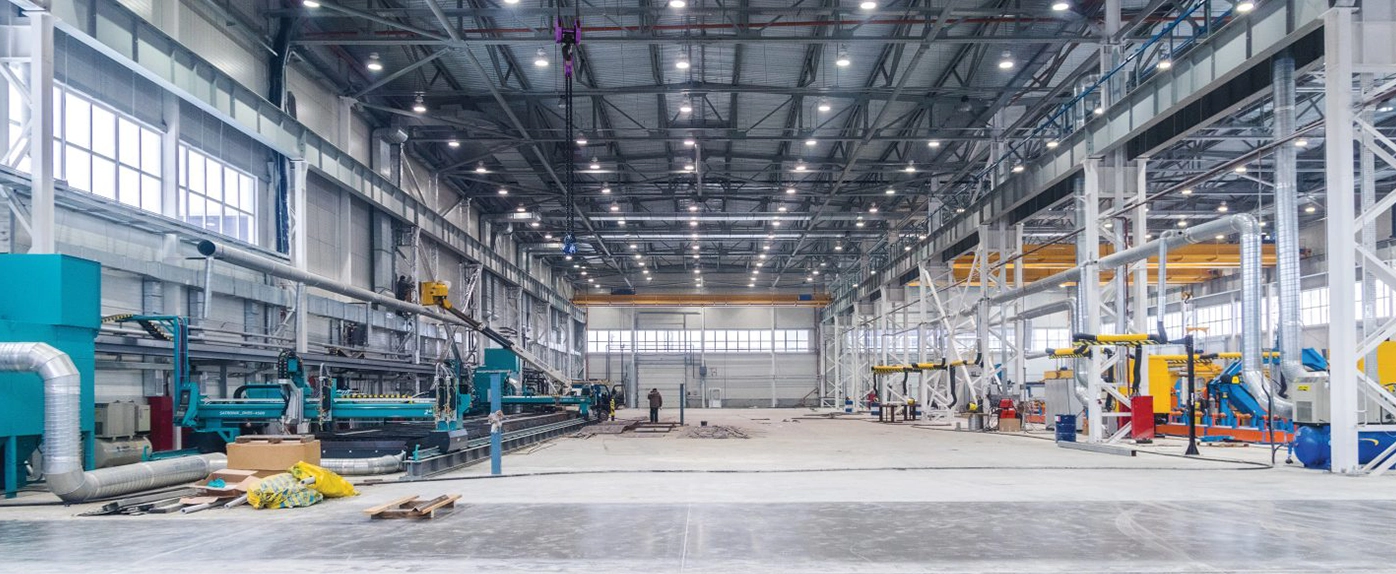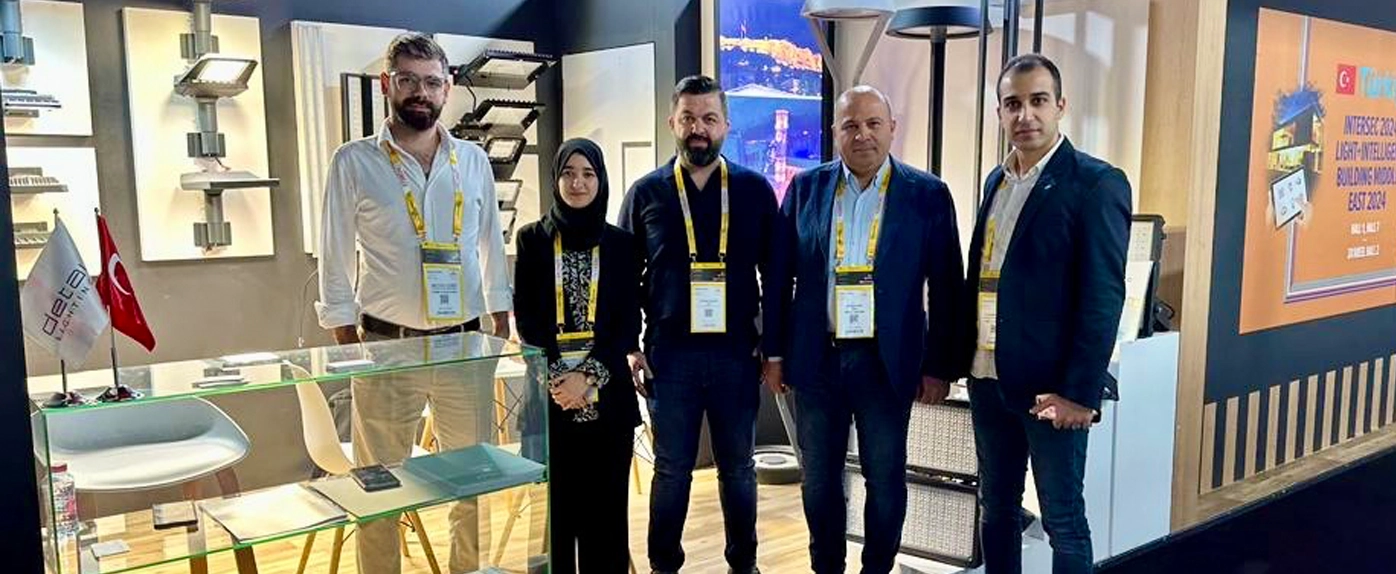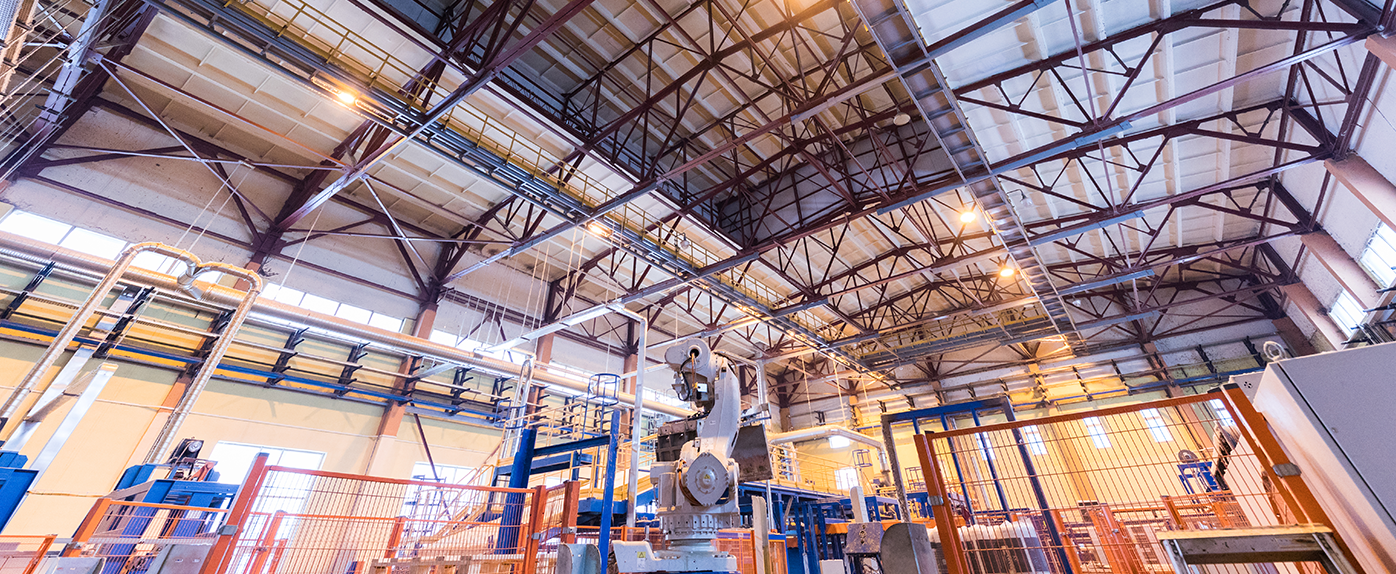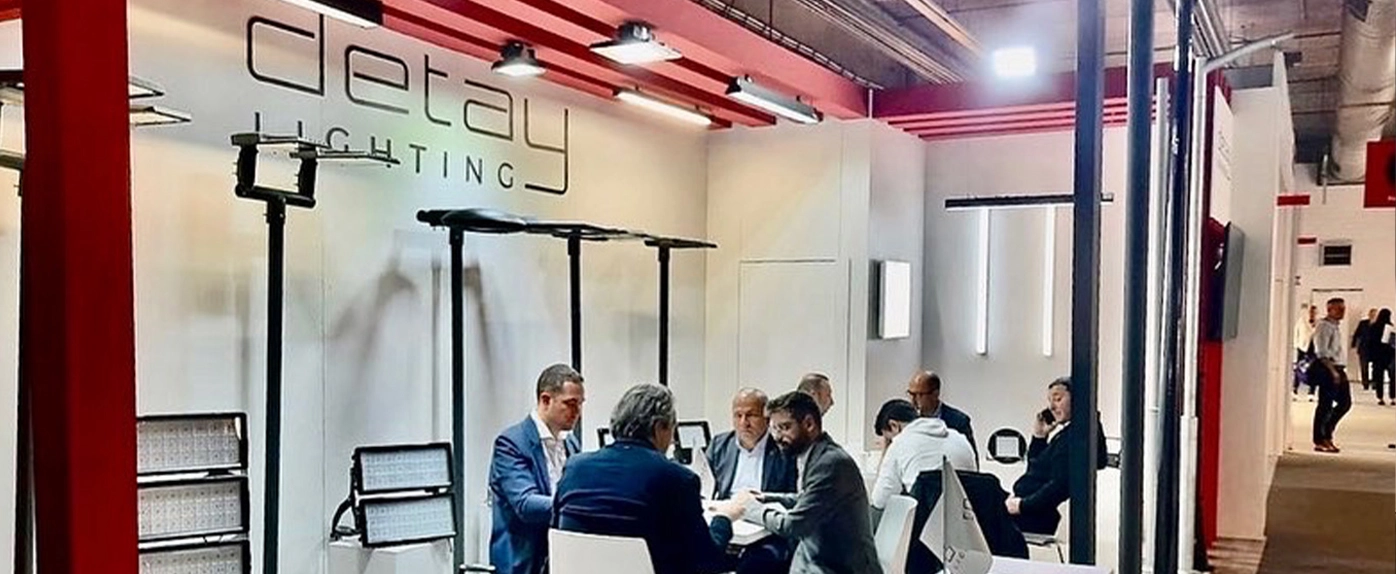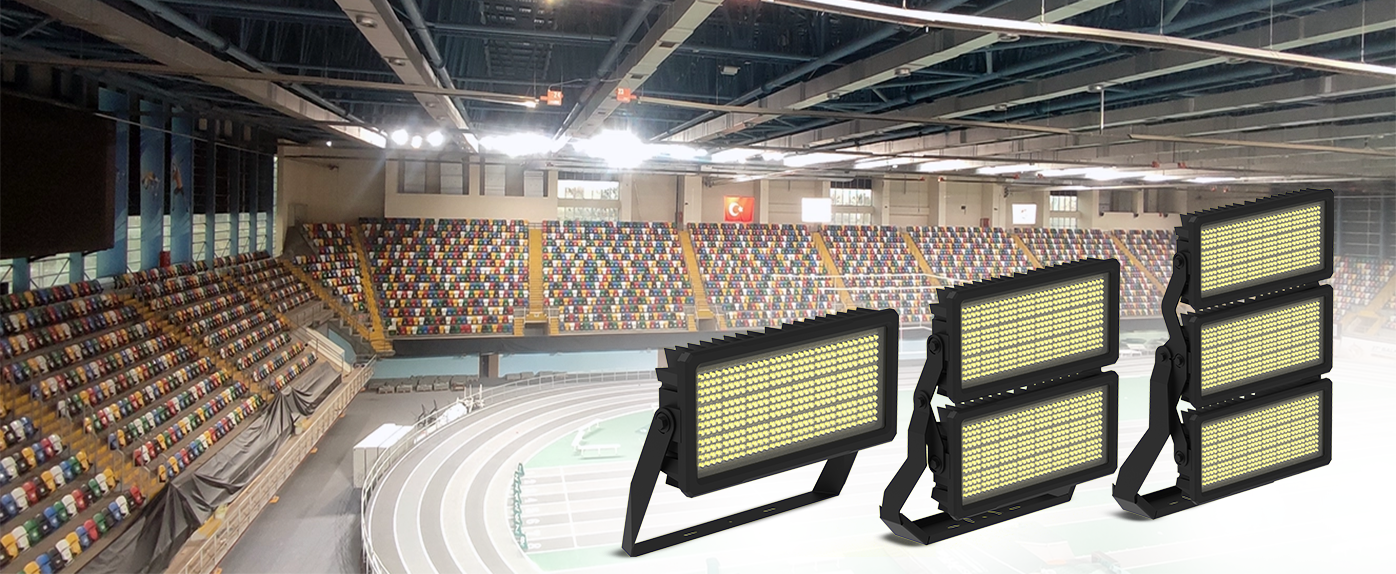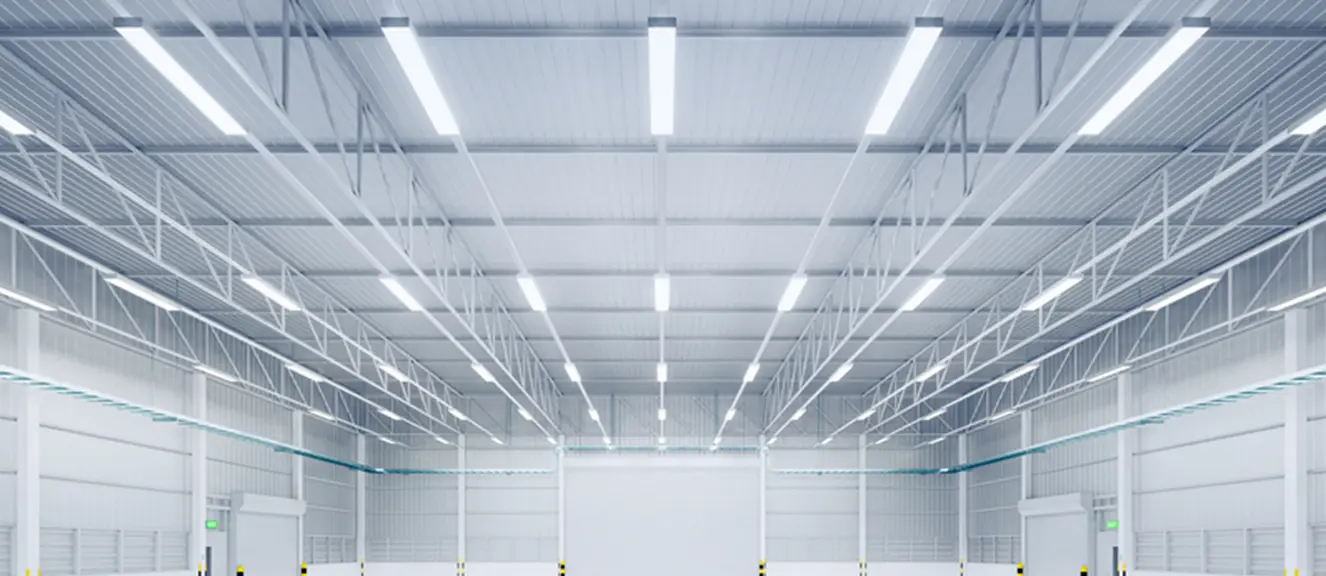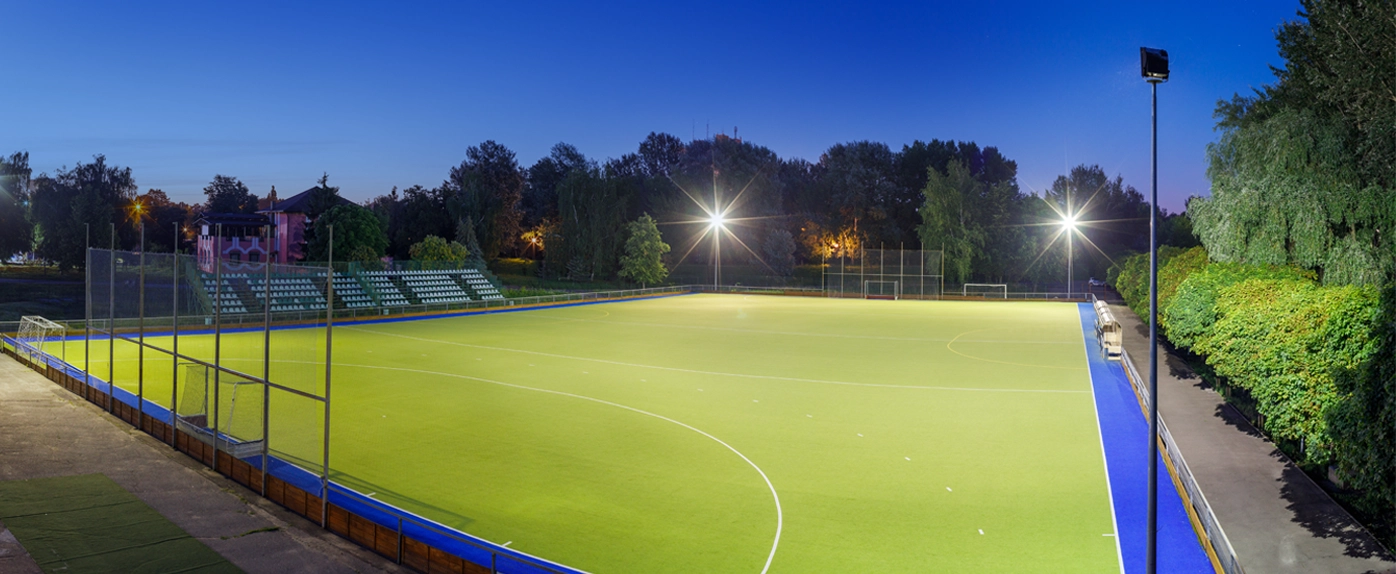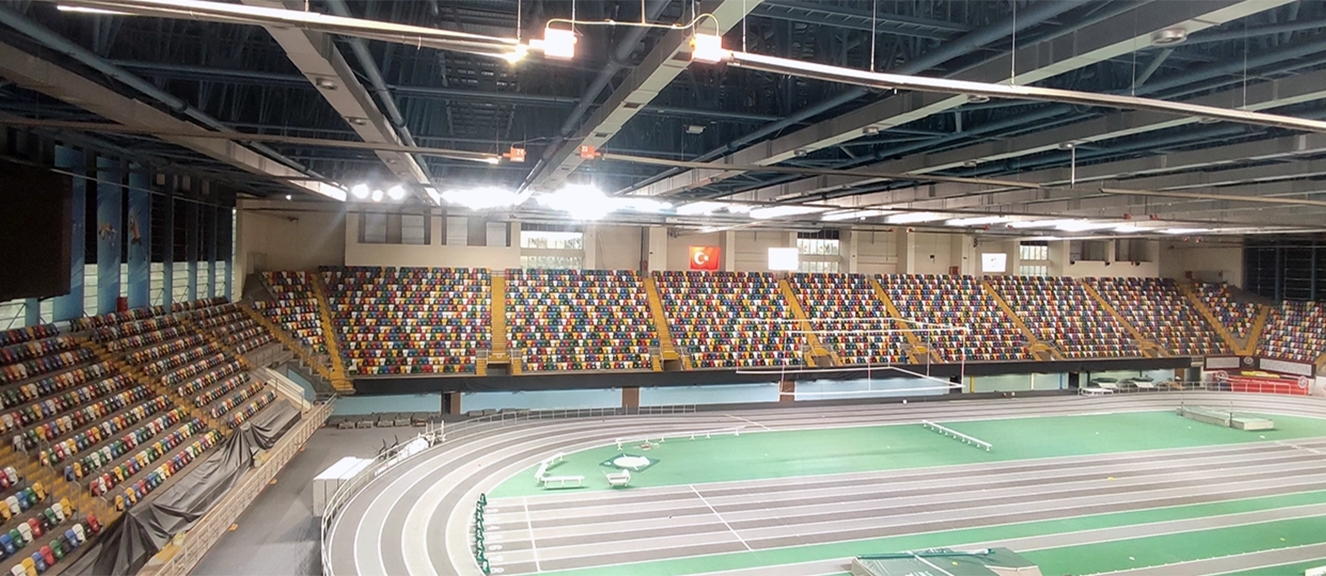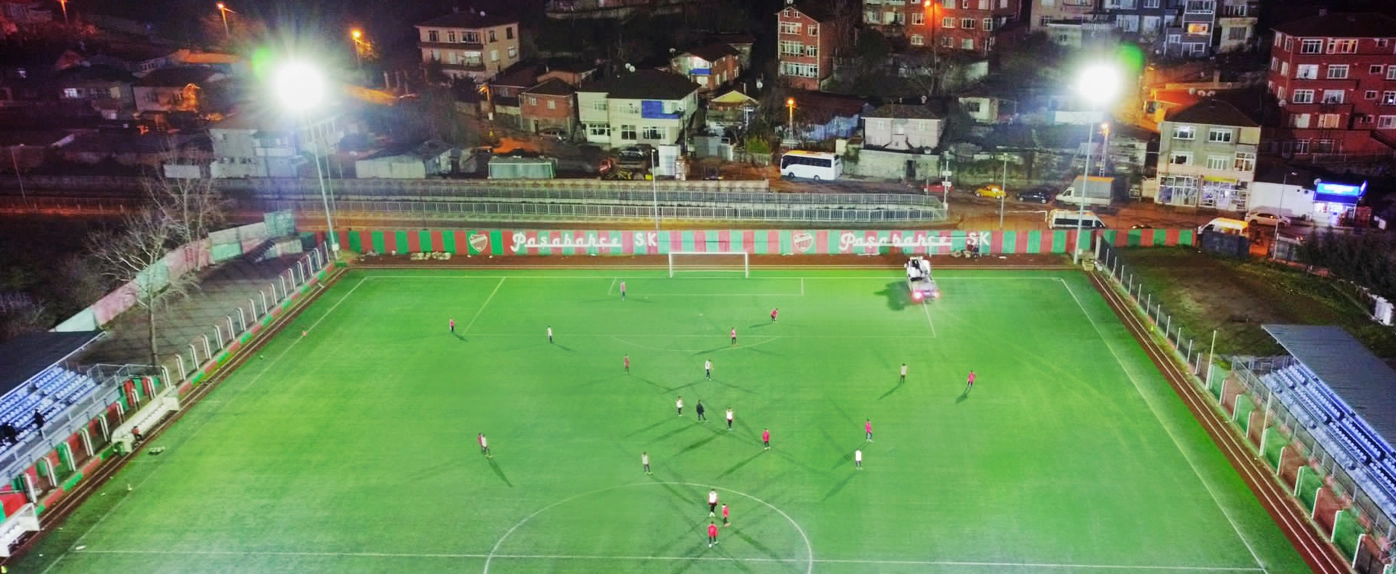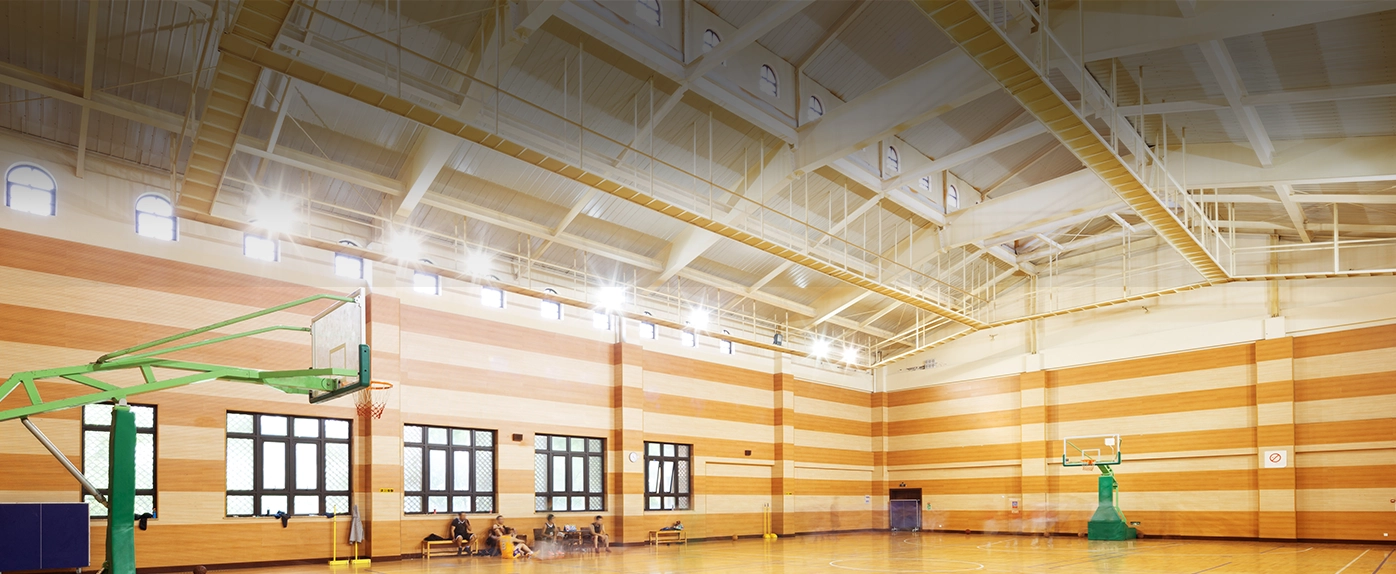The importance of manufacturers in industrial lighting projects
Industrial lighting manufacturers are companies that design, manufacture and market lighting products used in commercial and industrial areas (factories, production facilities, warehouses, parking lots). There are several important factors that manufacturers operating in this field should consider:
Product Diversity and Technology: Industrial lighting manufacturers produce various lighting products used in different fields. These products can include ceiling lights, industrial fixtures, emergency lighting, parking garages, warehouses, production facilities, LED panels and many more. In addition, it is important that they follow the latest lighting technologies and provide energy efficiency and customized lighting solutions. In this respect, it is important to minimize operating costs and to design products that provide ease of maintenance.
Energy Efficiency and Sustainability: Today, energy efficiency and environmentally friendly products are of great importance. Manufacturers can contribute to their sustainability goals by using energy-saving LED technologies and choosing environmentally friendly materials when designing their products. At the same time, energy saving, which has a great effect on companies' choices, provides a great advantage to factories and facilities.
Safety and Quality: Since industrial lighting products are often used in industrial facilities and commercial areas, it is vital that the products are safe and of high quality. Manufacturers must produce their products in accordance with safety standards and pay great attention to quality control processes. The certificates and security standards it has are an issue that companies attach importance to when choosing products.
Customizability: Different industrial and commercial areas may have different needs. Therefore, manufacturers must be able to offer customized lighting solutions to suit their customers' needs. Before choosing the products, a professional project work, area measurement and necessary needs must be determined and the right lighting must be selected.
Design and Aesthetics: Lighting has not only functional but also aesthetic importance. The design and visual appeal of products can affect the user experience and determine customers' preferences. The structure of the area to be used plays a major role in the product to be selected.
Warranty and After-Sales Services: Manufacturers can increase customer satisfaction by offering comprehensive warranty and after-sales services for their products. Services such as repair or replacement of defective products reassure customers.
Marketing and Distribution: Producers can reach a large customer base by promoting their products with the right marketing strategies and creating effective distribution networks. Field personnel should provide a quality service by staying in touch after the sale of the product.
Innovation and Research and Development: In an era where technology is advancing rapidly, manufacturers need to constantly invest in research and development activities in order to offer innovative products. They should determine the needs of the sector with the feedback they receive from the companies and produce appropriate solutions.
Price Competition: The industrial lighting market is a competitive one. Pricing strategies must be carefully managed to maintain a balance between quality and competitive price.
Regulations and Standards: Lighting products are generally subject to safety and performance standards. Manufacturers must follow these standards and properly certify their products.
These factors are key issues that industrial lighting manufacturers must consider in order to operate successfully.

